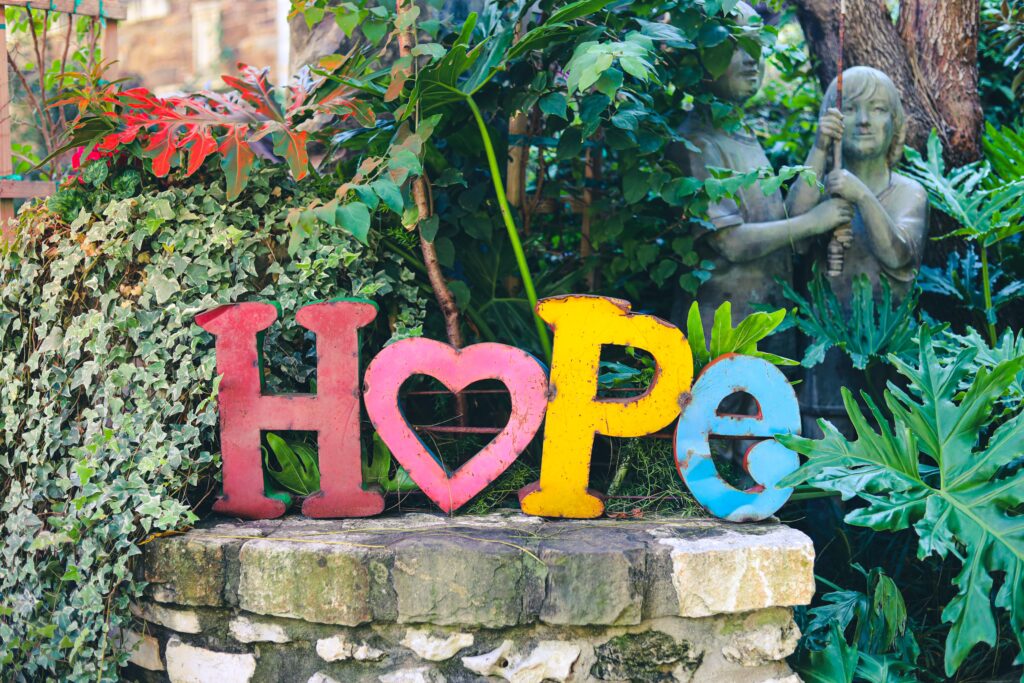The Connected Parent digs right into the parenting strategies of Trust Based Relational Intervention-TRBI-developed by Karen Purvis. If you are not familiar with this Child Whisperer, check this book out. It is an easy and fast read describing how TRBI can heal your adopted child who experienced early and complex trauma. Better yet, you learn concrete and very specific strategies on how to parent your child in this way.

What is TBRI?
Trust Based Relational Intervention is a parenting philosophy developed By Karyn Purvis that outlines clear and concise steps to take to heal “children from hard places.” The central goal of TBRI is to create an attuned and trusting relationship with your child. There are 3 core principles to this method:
- Empowering: Includes sensory activities, healthy snacks, hydration, and consideration of transitions. These methods encompass the physical needs of your child.
- Connecting: This is “the heart and soul” of the program. These strategies are designed to meet the connection needs of your child and to build a bridge of trust between the parent and the child.
- Correcting: As the authors explain, many of our children misbehave because they are acting out of fear. With correcting, parents look beneath behaviors, teach their children new skills, and shape their beliefs and behaviors upon a foundation of trust and connection.
“What may look like sadness, anger, or even mental illness is often the manifestation of chronic fear. Hidden beneath the child’s behavioral repertoire is a desperate, unmet need to feel safe.”
Karen Purvis from The Connected Parent
Real Life Strategies
The bulk of this wonderful book outlines real-life and specific strategies based on TBRI. Nine chapters are designated to just this. Even if you do not have time to read the whole book, choosing to read a chapter here or there can build your connection with your child. And this foundation can help your child to heal.
Self-Care
My favorite part of The Connected Parent is the self-care section: mandatory as caregivers. If you are a parent, you know how grueling parenting can be. If you are raising a child who has experienced trauma, abuse, and /or neglect then you probably know the term compassion fatigue.
“Compassion fatigue refers to the physical and mental exhaustion and emotional withdrawal experienced over an extended period of time.”
Child Information Gateway
To read more about compassion fatigue, check out this amazing Blog.
Back to The Connected Parent: The authors recognize how tough parenting can be. It is natural to neglect our own needs as parents due to the huge demand of meeting our children’s needs. However the danger is real if compassion fatigue sets in. The way to be the best parent you can be is to learn how to care for yourself. They list specific areas to focus on including sleep, physical activity and the positive impact a community can have upon your life. Due to all the available technology, one’s community can be online and virtual and still positively impact us.
“I’ve met some of my best friends through the world of adoption and foster care. People who understand my life, my kids, and my feelings (even my tears) are the greatest gifts.”
Lisa Qualls from The Connected Child
Hope
I happen to love everything Karen Purvis has to say. She truly understands children from hard places, based on scientific research, and leaves parents with a clear way to heal. The best part of Purvis’ message is HOPE! She emphasizes over and over again that children can heal. Their brains and hearts can heal.






